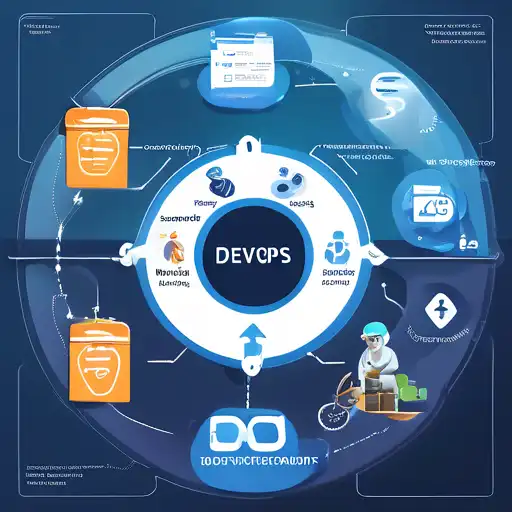Introduction to DevOps in Software Development
DevOps has revolutionized the way software is developed, deployed, and maintained. By bridging the gap between development and operations teams, DevOps practices ensure a smoother, faster, and more efficient software development lifecycle (SDLC). This article explores the pivotal role of DevOps in enhancing the SDLC, focusing on its benefits, key practices, and how it fosters collaboration and innovation.
The Benefits of DevOps in the SDLC
DevOps brings numerous advantages to the software development process, including improved collaboration, faster deployment times, and higher quality products. By integrating DevOps practices, organizations can achieve:
- Continuous Integration and Continuous Deployment (CI/CD) for faster release cycles
- Automated testing to ensure code quality and reduce manual errors
- Enhanced monitoring and logging for proactive issue resolution
- Scalability and flexibility to adapt to changing market demands
Key DevOps Practices for Optimizing the SDLC
To fully leverage the benefits of DevOps, teams must adopt certain key practices. These include:
- Infrastructure as Code (IaC) for efficient environment management
- Microservices architecture to improve scalability and deployment
- Continuous monitoring and feedback loops for ongoing improvement
- Collaboration tools and culture to break down silos between teams
How DevOps Fosters Collaboration and Innovation
At its core, DevOps is about fostering a culture of collaboration and continuous improvement. By encouraging open communication and shared responsibilities, DevOps helps teams to innovate faster and more effectively. This collaborative environment not only accelerates the development process but also leads to the creation of more reliable and user-centric software solutions.
Conclusion
DevOps is not just a set of practices but a cultural shift that significantly improves the software development lifecycle. By embracing DevOps, organizations can achieve faster deployment times, higher quality products, and a more collaborative and innovative work environment. As the software industry continues to evolve, DevOps will remain a key driver of efficiency and success.
For more insights into optimizing your development process, explore our articles on Continuous Integration and Microservices Architecture.
